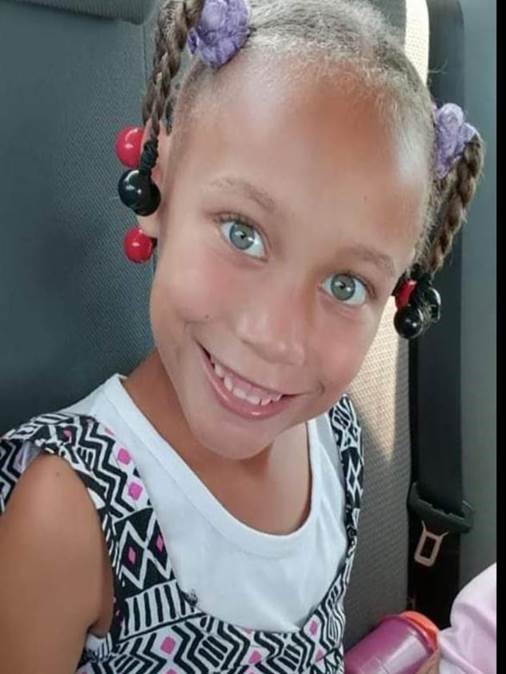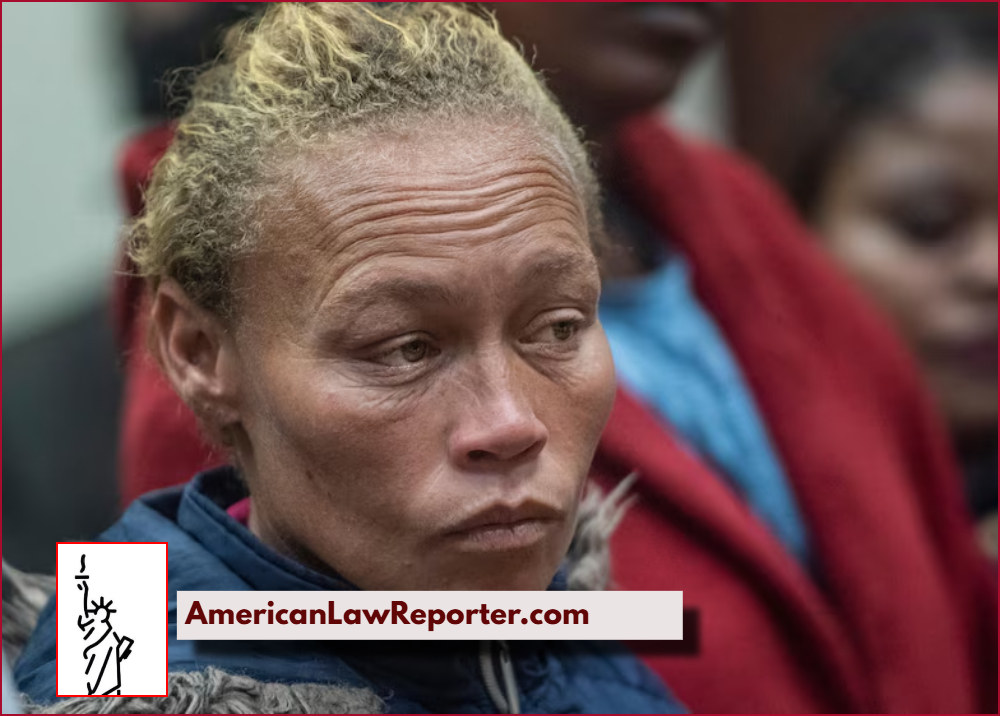A South African court has handed down life sentences to Racquel “Kelly” Smith, her boyfriend Jacquen Appollis, and associate Steveno van Rhyn for the human trafficking and kidnapping of six-year-old Joshlin Smith,
The little girl disappeared from her home in February 2024 and has not been found.
The three were each sentenced to life imprisonment for trafficking and an additional 10 years for kidnapping, despite the child’s body never being recovered. Under South African law, a trafficking conviction does not require the victim’s body if the intent to exploit can be proven through credible evidence.
Legal Background and Sentencing
Judge Nathan Erasmus, who presided over the case, emphasized the lack of remorse displayed by all three defendants.
“There is nothing that I can find that is redeeming or deserving of a lesser sentence,” he stated during sentencing, which drew audible reactions from the courtroom, including gasps and applause from members of the public and victim’s family.
South African criminal law permits a life sentence for trafficking under the Prevention and Combating of Trafficking in Persons Act, provided there is sufficient proof that a child was trafficked or intended to be trafficked for exploitation. In this case, witness testimony played a critical role in establishing premeditation and criminal intent.
Witness Testimony and Allegations of Exploitation
During the trial, prosecutors introduced statements from a local pastor, who testified that Smith had previously discussed plans to sell her children for 20,000 rand each (approximately \$1,100 USD). Another witness claimed Smith confided that Joshlin had been sold to a traditional healer for ritualistic purposes, specifically for her eyes and skin.
Smith’s history of substance abuse was also highlighted, raising questions about vulnerability, coercion, and motive in the context of the trafficking offense.
Despite extensive searches, Joshlin remains missing. The South African Police Service (SAPS) has indicated that investigations and recovery efforts remain active, including inquiries that extend beyond national borders.

Legal Significance
This case underscores the importance of victim-centric legislation in trafficking prosecutions. The court’s reliance on witness testimony in lieu of physical evidence is in line with both domestic and international legal standards on trafficking in persons, which recognize that intent and planning can be established through circumstantial and testimonial evidence.
Legal experts note that the case sets a critical precedent in reinforcing that trafficking crimes against minors will be met with the harshest penalties, even in the absence of a recovered victim.
Family and Community Response
Joshlin’s grandmother issued a brief but somber statement following the sentencing:
“No sentence will bring my grandchild back.”
Members of the community have continued to call for intensified efforts to locate Joshlin and bring closure to the case.

